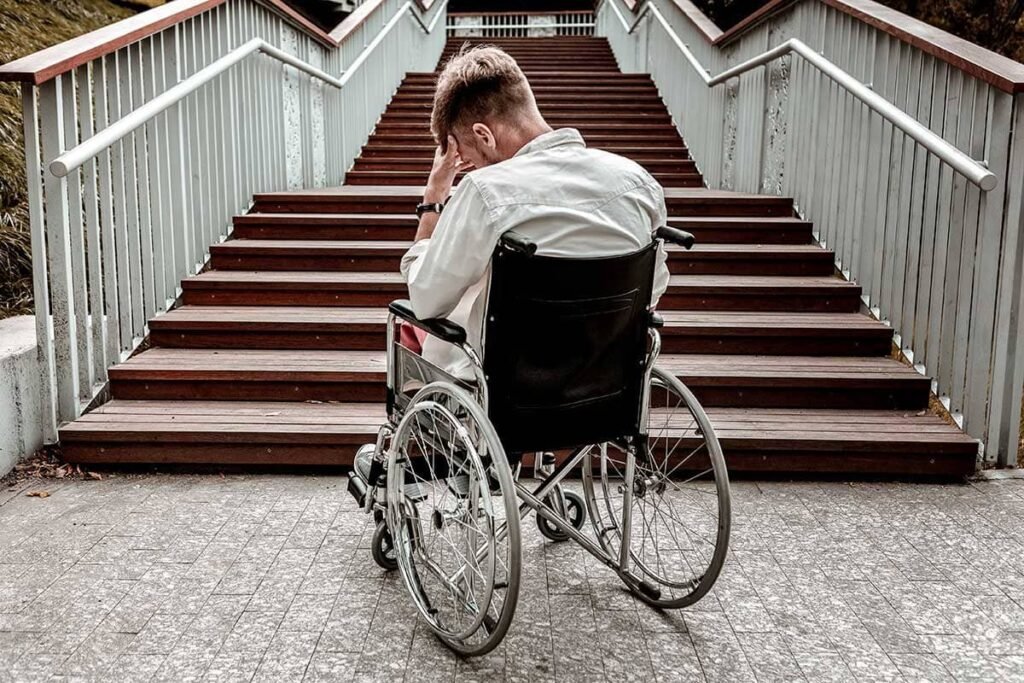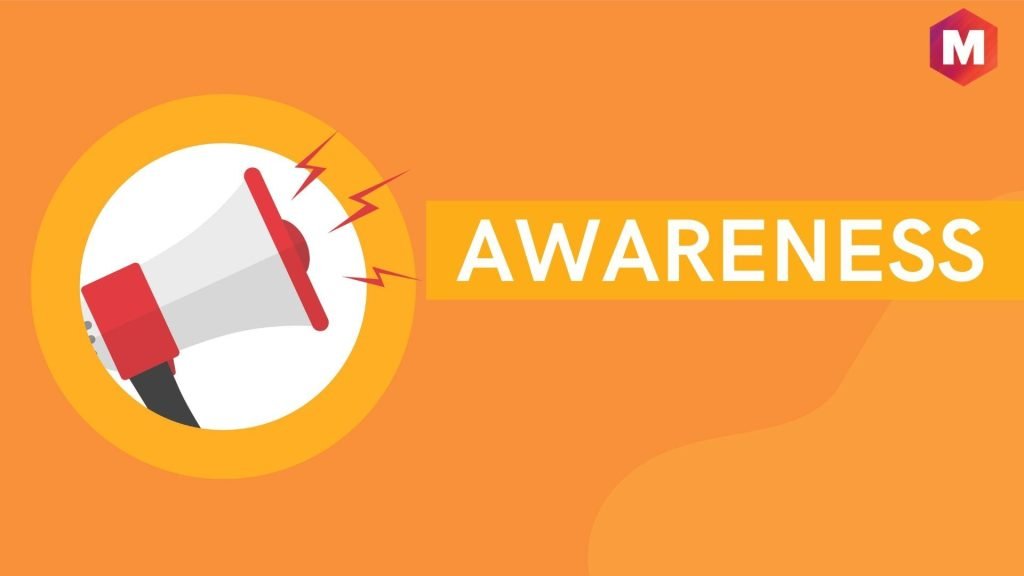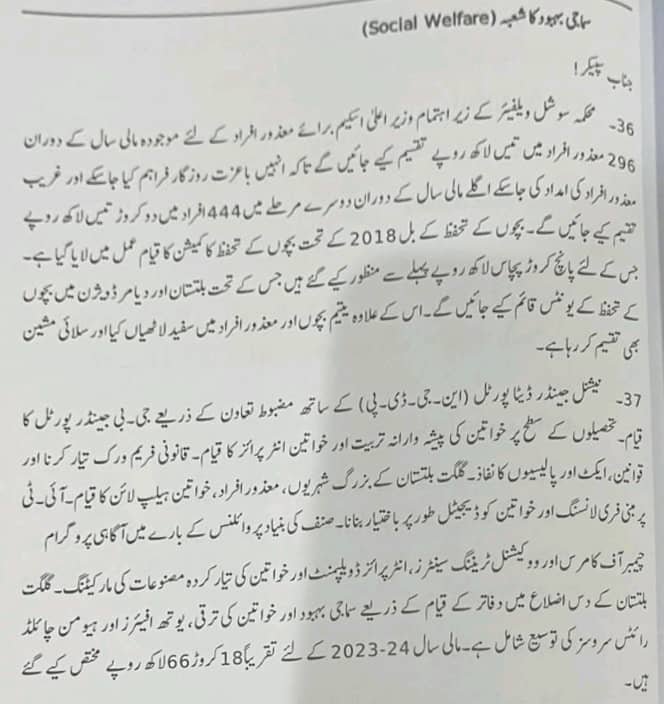Gilgit-Baltistan, nestled in the majestic mountains of Pakistan, is a region known for its stunning landscapes and diverse cultures. However, like any other society, it faces challenges in ensuring inclusivity and support for individuals with disabilities. It is the collective responsibility of both society and the government to work hand in hand to create an environment where people with disabilities can thrive, lead fulfilling lives, and contribute to the progress of the region. This article explores ways in which the lives of individuals with disabilities in Gilgit-Baltistan can be improved, highlighting the responsibilities of society and the government.
1.
Enhancing Accessibility:
Accessibility is a fundamental aspect of empowering individuals with disabilities. The government should prioritize infrastructure development that ensures wheelchair ramps, accessible public transportation, and inclusive educational institutions. Society, on the other hand, can play a crucial role by promoting an inclusive mindset, providing support, and eliminating physical and social barriers that impede the participation of disabled individuals.
2.
Quality Education:
Education is key to empowering people with disabilities and enabling them to become self-sufficient members of society. The government should allocate resources to establish specialized schools, hire trained teachers, and provide assistive technologies to facilitate learning. Society should encourage inclusive education by fostering acceptance, understanding, and empathy among students, parents, and teachers.
3.
Employment Opportunities:
Unemployment rates among people with disabilities are often higher due to limited opportunities and discriminatory practices. The government can incentivize businesses to adopt inclusive hiring policies and create vocational training programs tailored to the needs of disabled individuals. Society should challenge preconceived notions about disability and provide support networks to help people with disabilities access job opportunities, fostering a sense of independence and self-worth.
4.
Healthcare and Rehabilitation:
Access to quality healthcare services and rehabilitation facilities is vital for individuals with disabilities. The government should prioritize the provision of affordable healthcare, specialized treatment centers, and assistive devices. Society can support this endeavor by raising awareness about the healthcare needs of disabled individuals and fostering a supportive environment that embraces their inclusion.
5.
Empowering Organizations and NGOs:
Government collaboration with non-governmental organizations (NGOs) and local community groups is crucial in addressing the needs of people with disabilities. The government should provide financial and logistical support to these organizations to implement programs focused on skill development, advocacy, and support services. Society can contribute by volunteering, donating, and actively engaging with these organizations, promoting inclusivity and understanding.
6.
Public Awareness and Sensitization:
Education and awareness campaigns are essential to challenge societal stigmas and stereotypes surrounding disabilities. The government should invest in public awareness initiatives to promote understanding, empathy, and acceptance of people with disabilities. Society should actively participate in these campaigns, encouraging open dialogue and fostering an inclusive society that values diversity.
Conclusion:
Improving the lives of people with disabilities in Gilgit-Baltistan requires a joint effort from both society and the government. By enhancing accessibility, promoting quality education, expanding employment opportunities, ensuring healthcare and rehabilitation services, empowering organizations, and fostering public awareness, we can create an inclusive society where individuals with disabilities can live fulfilling lives. Let us work together to build a region where every person, regardless of ability, has equal opportunities and is treated with dignity and respect.



